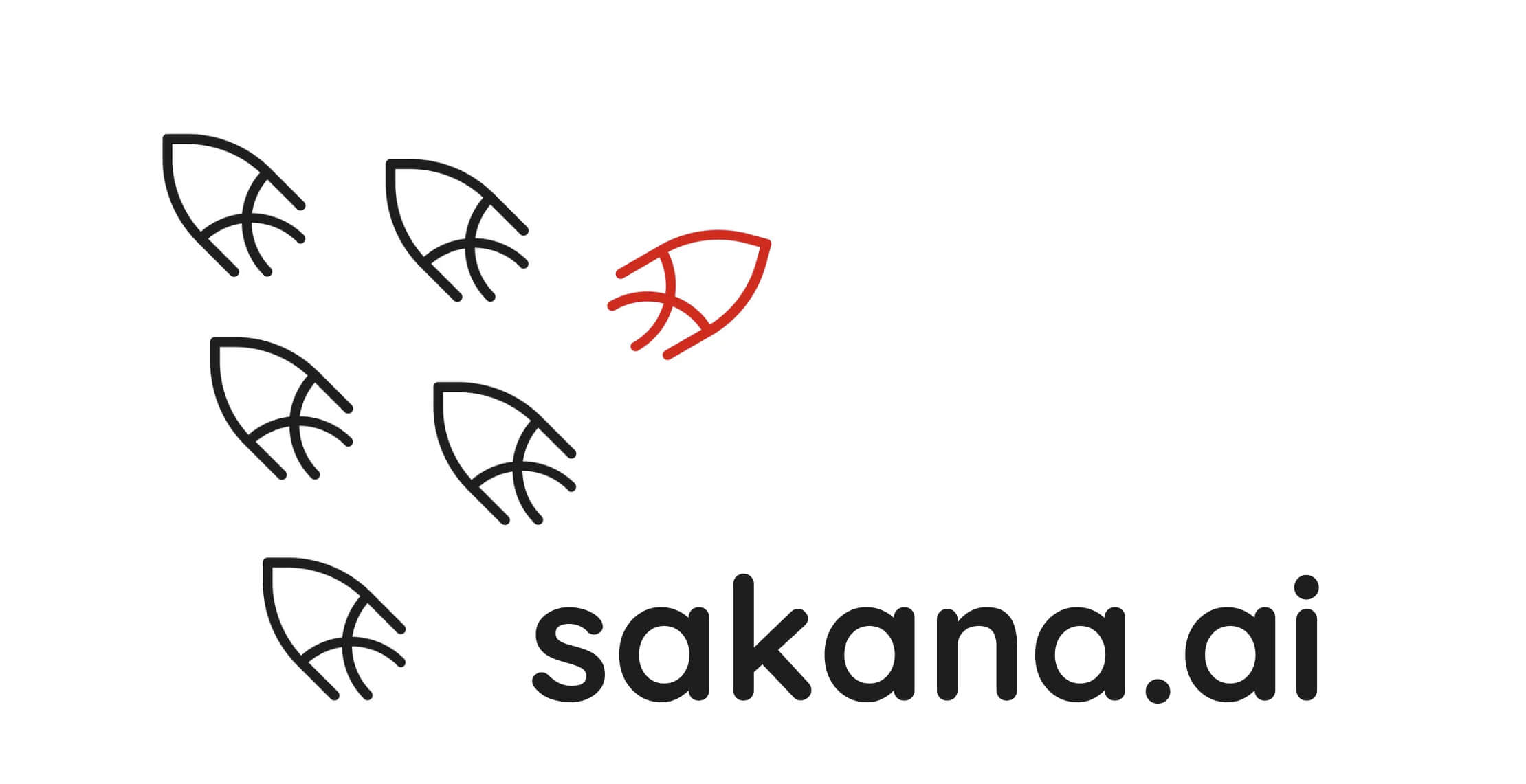
Sakana AI Ventures into Competitive Arena, Pioneering Nature-Inspired Neural Networks
Sakana AI Ventures into Competitive Arena, Pioneering Nature-Inspired Neural Networks Sakana AI, a burgeoning startup, has embarked on a bold mission to pioneer a novel breed of neural networks inspired by the intricacies of nature. Spearheaded by former Google researchers David Ha and Llion Jones, the company seeks to carve out a distinctive niche in a fiercely competitive landscape dominated by tech titans like Microsoft Corp. and a multitude of well-funded smaller players.
Former Google Researchers Ha and Jones Lead Startup’s Ambitious Journey
At the heart of Sakana AI’s vision lies the aspiration to replicate the ingenious patterns found in the natural world within the realm of artificial intelligence. Neural networks, a fundamental technology in AI, are designed to mimic the human brain’s interconnected neurons, enabling machines to learn and make decisions based on patterns and data. However, Sakana AI’s unique approach draws inspiration from the complex and efficient systems observed in nature, aiming to create AI models that operate with greater resilience and efficiency.
The leadership duo behind this audacious endeavor, David Ha and Llion Jones, bring a wealth of experience from their tenure at Google, where they were previously engaged in groundbreaking research endeavors. This impressive background infuses Sakana AI with both technological prowess and innovative thinking, positioning the startup to make waves in the evolving landscape of AI research and development.
Yet, the path Sakana AI has chosen is not without its challenges. The field of AI is already densely populated, with established giants like Microsoft Corp. and a slew of well-funded smaller competitors vigorously pursuing advancements. The race to harness AI’s potential has fueled a dynamic ecosystem of innovation, pushing the boundaries of what machines can accomplish.
As Sakana AI enters this arena, the startup faces the dual challenge of differentiating its nature-inspired approach while demonstrating its value against the backdrop of existing AI methodologies. Amidst the backdrop of fierce competition, the startup must exhibit a compelling case for how its distinctive neural networks can outshine traditional methods and existing variations.
The journey ahead for Sakana AI is as promising as it is formidable. The convergence of AI and nature-inspired paradigms presents a tantalizing prospect for reshaping the landscape of artificial intelligence. Whether the startup’s pioneering efforts will steer AI into new frontiers or spark further evolution within the field remains to be seen. The success of Sakana AI will undoubtedly be a story of innovation, resilience, and the boundless potential of the human mind to mimic and learn from the very essence of the natural world.
Last Updated on: Friday, August 18, 2023 7:41 am by Anu Priya | Published by: Anu Priya on Friday, August 18, 2023 7:41 am | News Categories: News, Business, Startups, Tech
About Us: Business Byte covers a wide range of topics, including India news, business updates, startup insights, technology trends, sports, entertainment, lifestyle, automobiles, and more, led by Editor-in-Chief Ankur Srivastava. Stay connected on Website, Facebook, Instagram, LinkedIn, X (formerly Twitter), Google News, and Whatsapp Channel.
Disclaimer: At Business Byte, we are committed to providing accurate, reliable, and thoroughly verified information, sourced from trusted media outlets. For more details, please visit our About, Disclaimer, Terms & Conditions, and Privacy Policy. If you have any questions, feedback, or concerns, feel free to contact us through email.
Contact Us: businessbyteofficial@gmail.com || ankursri983@gmail.com